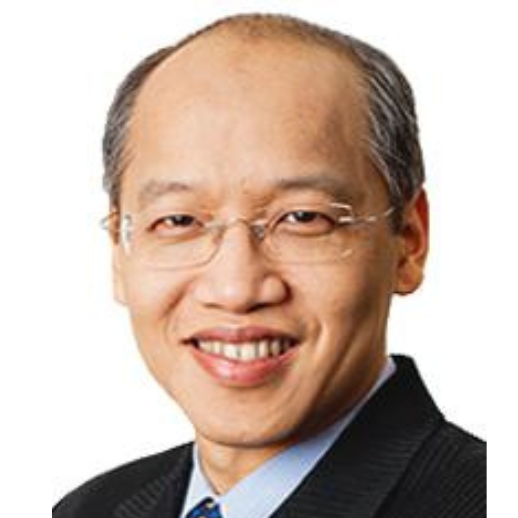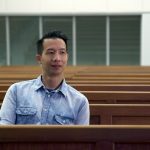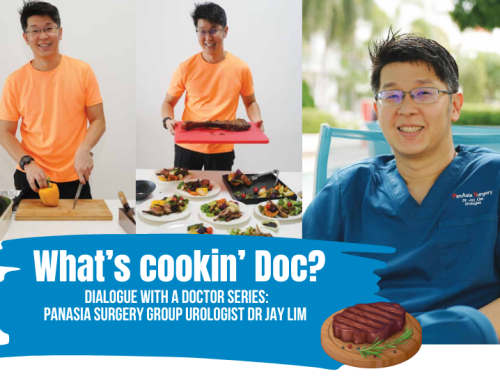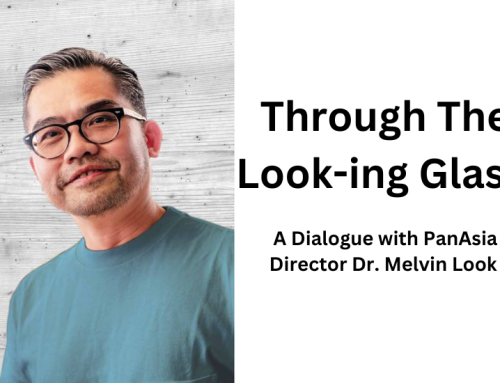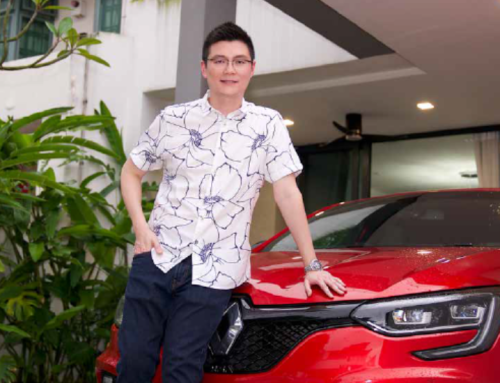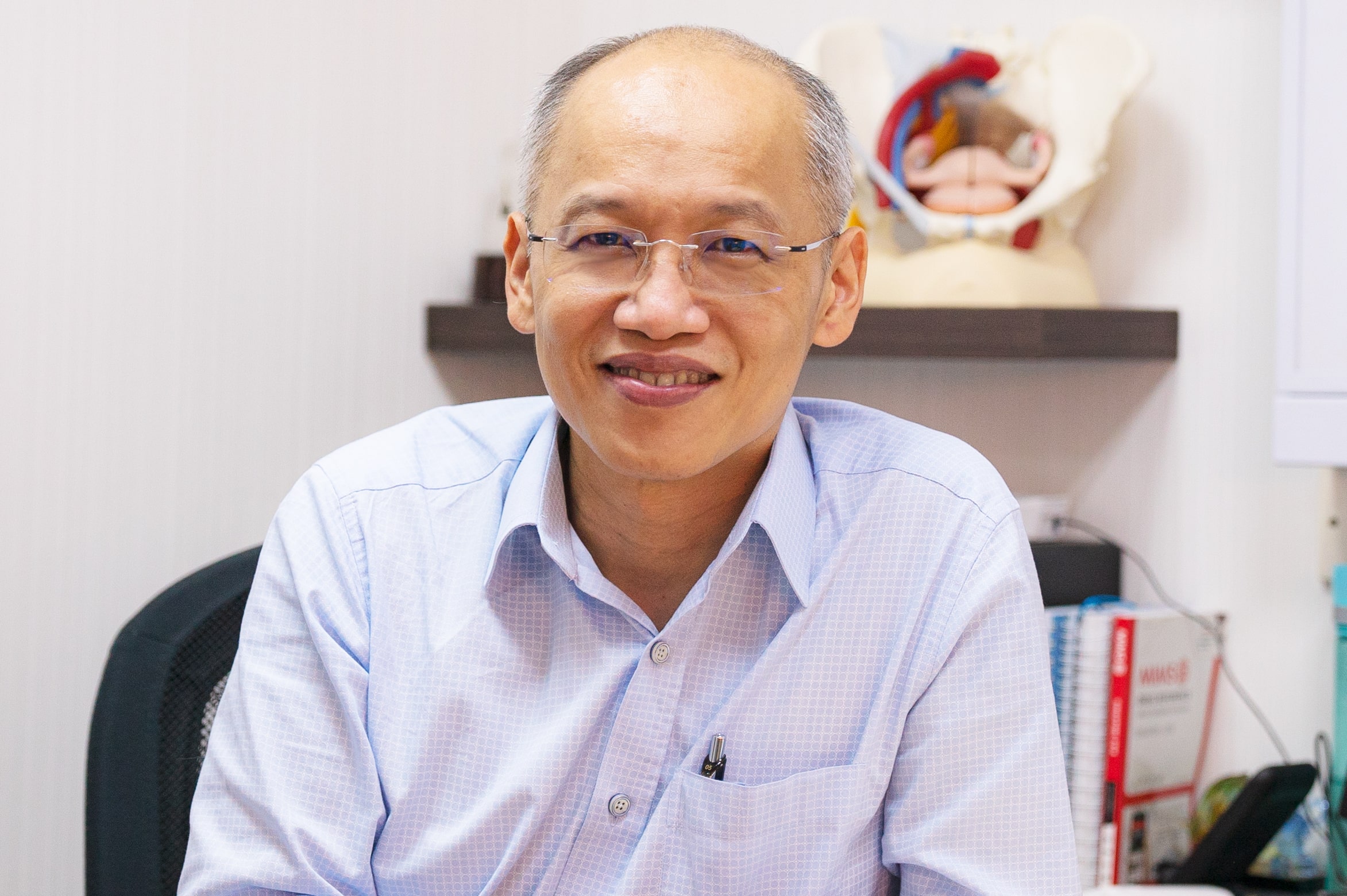
Volunteerism is not about one-off efforts that can be checked off a to-do list. It requires the continuous efforts of dedicated volunteers, who are committed to learning about volunteerism, its ways of working, and how best to give of themselves to meet the needs of those in need.
When it comes to volunteerism, Singaporeans have a willing heart, but a pragmatic mind. According to the 2018 Individual Giving Study by the National Volunteer and Philanthropy Centre (NVPC), seven in ten Singaporeans have a strong interest to volunteer. However, respondents also rated family commitments, good health and financial security as their top-most life priorities. Contributing to society comes in at a mere 14th place.
Having served as a volunteer for about 15 years at different organizations, Dr Lim Jit Fong, founder of Lim Jit Fong Colorectal Centre and current President of Society for Continence Singapore (SFCS), knows a thing or two about volunteerism. In this edition of Prime’s Dialogue with a Doctor Interview Series, we speak with Dr Lim about his volunteer work as well as his thoughts about health and wellness.
Good morning, Dr Lim. Thank you for agreeing to this interview with Prime. We will dive in at the deep end. What do the words “health and wellness” mean to you? What life experiences shaped your beliefs?
Dr Lim Jit Fong: To me, the purpose of maintaining my health is to ensure that I can do the things I want to do. I want to continue with my work as I am lucky to be doing something I enjoy very much. I also want to enjoy good food as it brings me joy.
Wellness is more difficult to define as it means different things to different people. I think of it as a state of mind, of learning to be thankful for what I have and continuing to improve myself at the same time.
The earliest discussion I had about health was when my parents talked to me about the effects of smoking while I was in my teens. They mentioned that it can be addictive and I can develop lung problems much later in life. Other than that, I admit that I did not pay much attention to maintaining my health until my university years, like most youngsters.

I only learned to be more conscious about maintaining my health when I started working as a doctor. As a junior doctor, I saw patients who developed life-threatening diseases from diabetes or hypertension. Many of these patients could have avoided these problems if they took care of their own health better. These experiences taught me that if I want to continue to enjoy my life and help those around me, I must stay healthy. I also do not want to be a burden to my family by falling ill from my poor health habits.
Do you think you are now leading a healthy lifestyle? I can also tell that your work is a very important part of your life. How do you personally balance between health and work?
LJF: It can be difficult to lead a healthy lifestyle in Singapore unless you are disciplined and actively try to do so. Many of us find the working hours in Singapore to be long and it takes determination to exercise after a tiring day at work. However, short durations of exercise for even 15 minutes can be good for your health. Healthier food options also tend to be more expensive. However, in the long term, eating healthier means that you don’t have to pay for treatment of lifestyle-related diseases later in life.
I will admit that I am not as healthy as I want to be. Sometimes, when I am tired at the end of a long working day, I do not want to exercise or I eat less healthily than I prefer to. However, there is no need for anyone to feel guilty if that happens. Just don’t let it happen too often. I have realized that being healthy allows me to continue to work and enjoy life. Therefore, work and health are not contradictory.
Has any ideas or cultures from other countries influenced your thoughts in terms of health and wellness?
LJF: There are 2 examples that have influenced my habits. One is the “Blue Zones of Longevity” and the other is the culture of Finland.
In 2005, the National Geographic magazine published an article called “Longevity, the Secrets of a Long Life”. They highlighted 5 places in the world where a significant number of people lived much longer than the average person. One of these is Okinawa. People with a long lifespan tend to share 4 traits: they are physically active throughout the day, live with purpose, have a strong social support and make a conscious effort to have a healthy lifestyle.
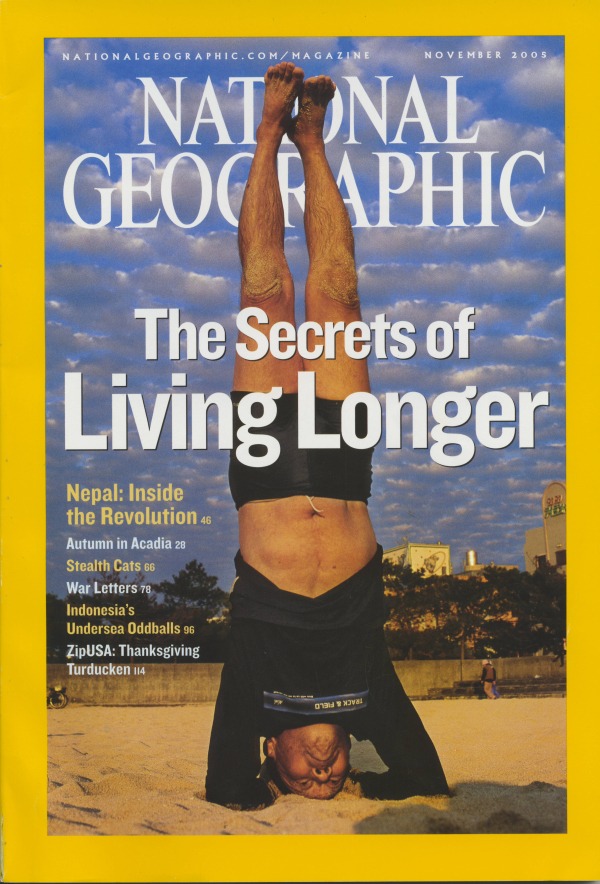
Every year, the United Nations publishes a World Happiness Report and all the Scandinavian countries are in the top 10. Finland has been ranked first for the past 4 years. In Finland, there is universal access to good healthcare and education. The crime rate is low, the culture is more laid-back and the work culture is less competitive. The Scandinavian countries are also blessed with much natural beauty for people to explore.
Therefore, to improve our health and wellness, we should aim to maintain an active lifestyle, and keep in touch with our family and friends. Also, do not fret too much about what others expect of us and try to find a purpose in our lives.
You mentioned at the start that you enjoy good food. Do you pay much attention to what you eat?
LJF: When I was in my 20s, I did not have to worry much about food as I was active. However, as I age, my metabolism has slowed down and I had to make some changes. I hardly consume any refined sugars now. For example, I drink my coffee black and I don’t drink carbonated drinks. I also eat less carbohydrates like rice. I try to stop eating before I feel full so that I do not overeat and feel uncomfortable. I do not restrict any particular type of food.

What are your thoughts about diets?
LJF: I find that the most useful diet is moderation of your food amount. There are many diets around today, but you have to find one that has all the nutrients you need yet tastes good. If you hate the diet, there is no way you can persevere with it. Also, you should understand that as you age, your dietary requirements may change.
What about supplements?
LJF: You should take supplements if your doctor has identified some deficiencies during your health check-up. Otherwise, supplements are a personal choice. If you are healthy, there is no proof that any supplement will make you even healthier.
Let’s talk about physical activities next. What forms of exercise do you regularly engage in?
LJF: I have been involved in sports since I was young. I used to be a competitive track-and-field athlete in secondary school. However, my favourite sport is playing football. When I was in university, I also played other team sports, like hockey and rugby. However, as I age, I noticed that my body cannot tolerate the physical stresses of contact sports anymore. Hence, nowadays, I prefer to go walking with my wife or jogging. It is important that you enjoy the exercise you do, so find your own happy activity.
How has exercise benefitted you?
LJF: I find that taking part in sports taught me about setting goals, mental discipline, teamwork, dealing with failure as well as humility in victory. Being involved in sport in my youth also made it easier to embrace an active lifestyle as I grow older. You can say that physical exercise has helped me mentally and physically even as I continue to age.
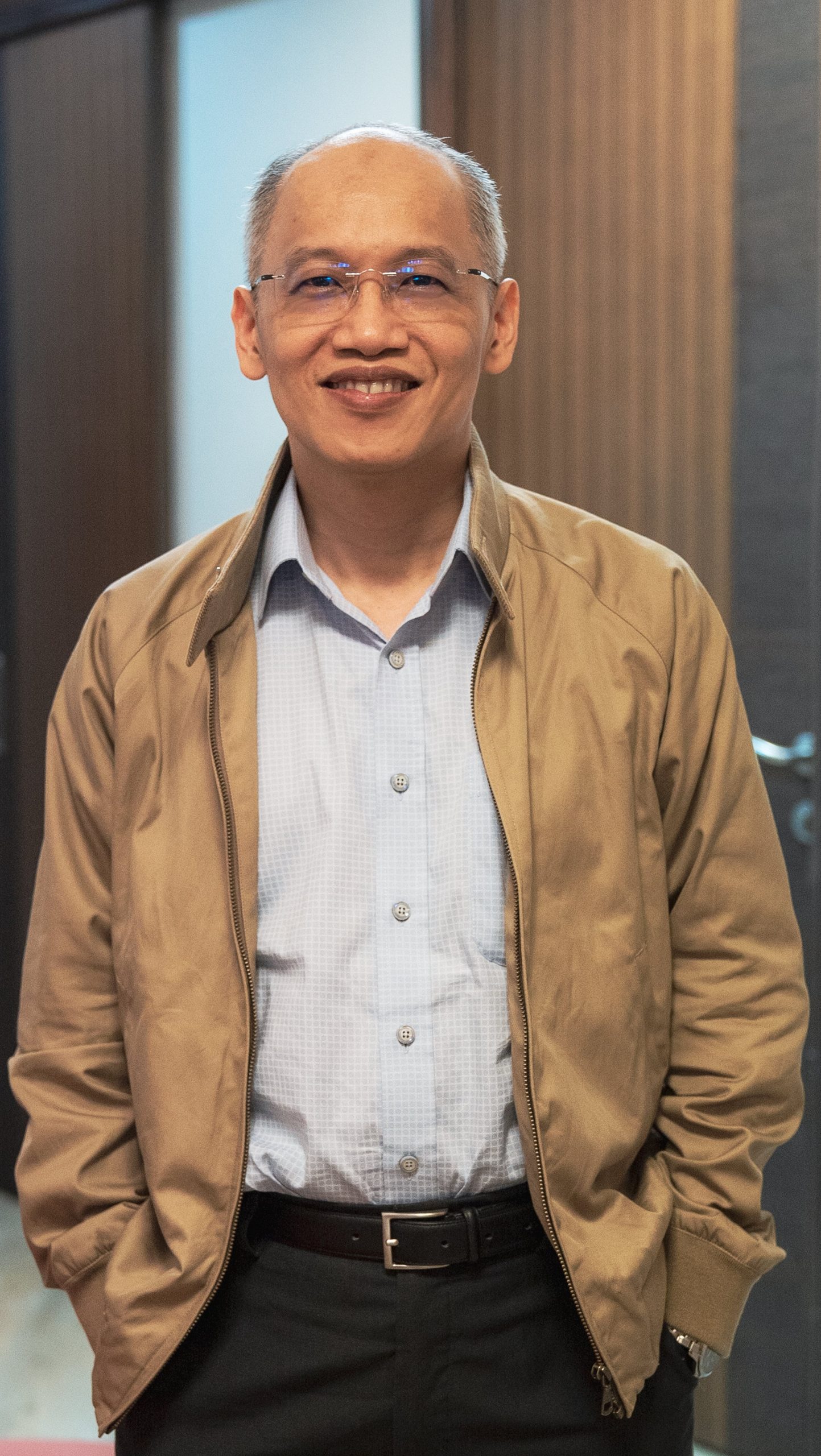
From our interviews with various doctors, it seems that the working life of a doctor can be hectic and often sleep-deprived. How important do you think sleep is, and do you get or need much rest?
LFJ: It is important for each of us to get adequate sleep. I have friends who sleep only 4 hours a night because that is all they need. However, I need to get at least 7 hours of sleep every night so that I can feel energetic the next day. In my job, I have to attend to patients at odd hours of the night occasionally. That is the life of many doctors. However, the training at work and support of colleagues have helped me cope. Many doctors have also learned to take short naps whenever we can.
You are a noted specialist in your field of work. What aspects of health do you often see people neglect when it comes to the colon and in terms of general health?
LJF: People see me mainly for problems related to their bowels. Among the many bowel conditions, the commonest are piles and constipation. These can often be prevented or treated with lifestyle changes. The simplest but most important changes are to exercise regularly, and eat enough fruits and vegetables daily.
Exercising 3 times a week for about 30 minutes until you perspire has been proven to reduce the risk of developing various types of cancer. It also helps control blood pressure and improve your body’s immune function. Furthermore, regular exercise also helps maintain regular bowel movement which can help you avoid constipation. Having 1 serving of fruit daily (about 1 cup full) as well as having fibre form up to 50% of your daily diet helps prevent constipation and obesity, and reduces your cholesterol. If you do not get constipated, you are also less likely to develop piles.
These are simple things that you can do and they do not cost as much as seeing your doctor for treatment.
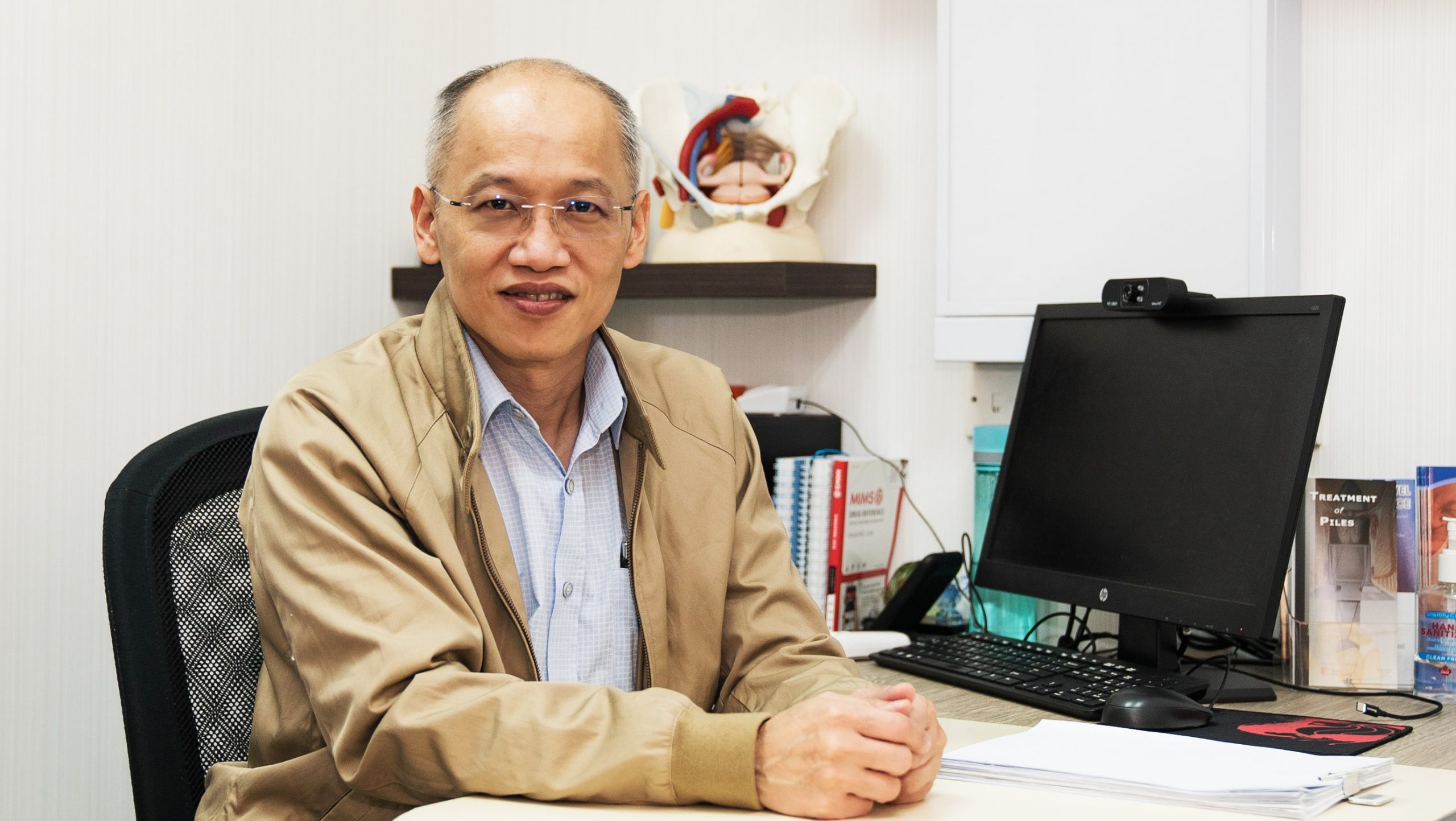
You started actively volunteering at SFCS from 2012 onwards, and you are also currently its President. What aspects of incontinence do you think the public needs to learn and know more about?
LJF: Many people believe that urinary or bowel incontinence is a natural part of ageing. In truth, incontinence is a medical condition that can affect a person at any age. It is NOT a natural part of ageing. More importantly, it is treatable and most patients can regain control of their bladder and bowels.
When a person becomes incontinent, it affects their sense of dignity. Others tend to avoid them and the sufferer tends to shy away from social interactions. This can cause anxiety or even depression. As incontinence can be treated, sufferers can regain their dignity, and return to their activities and social interactions.
There are studies that show that one of the benefits of volunteerism (altruism) is better mental wellness. As an active volunteer, how do you see this?
LJF: Volunteer work is meaningful as it is about helping others in our community. Helping others gives you a sense of purpose and happiness. This helps reduce your stress and improves your social network at the same time. I strongly encourage everyone to find some way to give back to society. I chose to devote much of my spare time to SFCS as it is a topic that I specialize in. Furthermore, I feel that I can benefit society most by using my knowledge and skills in this subject.
Pandemic-induced mental wellness has gotten a lot more attention in the past year or so. Do you think COVID-19 has changed the way people view and value health?
LJF: When I talk to my friends and patients, I have noticed that people are starting to re-evaluate what they view as important in their life. Most people are less focused on material things, such as branded luxury goods. Many have started to put more emphasis on their relationships with friends and relatives. There are also more people exercising regularly. These are good changes for the long term.
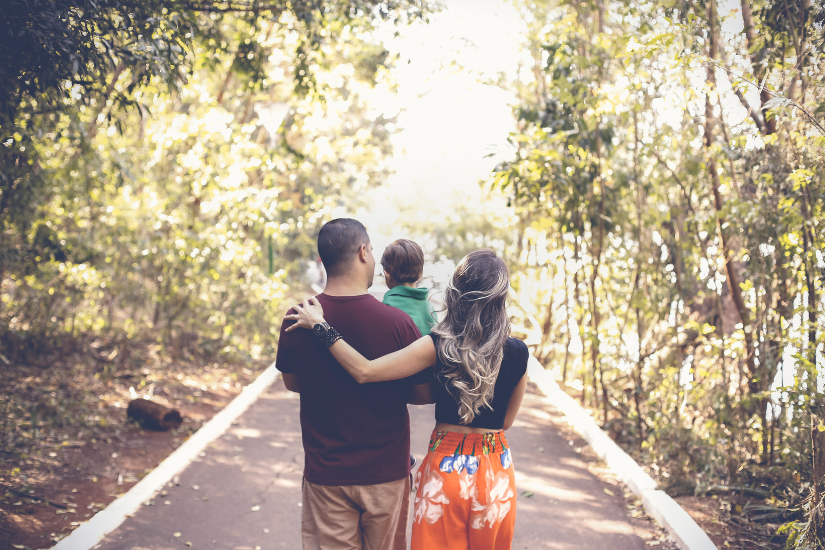
Finally, what advice do you have for people who want to stay healthy?
LJF: First off, fast online information access and ease of communication has made things appear to move faster. Each of us receive questions faster and are also often expected to respond faster. This creates mental stress. I find that prioritizing things help me to focus on what needs to be done first. There is so much available information on so many subjects online that it is easy to be overwhelmed or confused. Therefore, it is important to listen to the experts as they have spent a long time studying their subjects.
In terms of staying healthy physically, start with simple steps and make gradual changes. The first thing is to get enough sleep. Moderate your diet but there is no need to try any diet you do not enjoy. Start exercising, but be gentle with your body. Find an activity you enjoy to keep yourself happy.
If you have time to spare, please consider giving back to society by volunteering your time and knowledge to a cause you can identify with. If you don’t know what to do, you can always join me at the Society for Continence Singapore!


